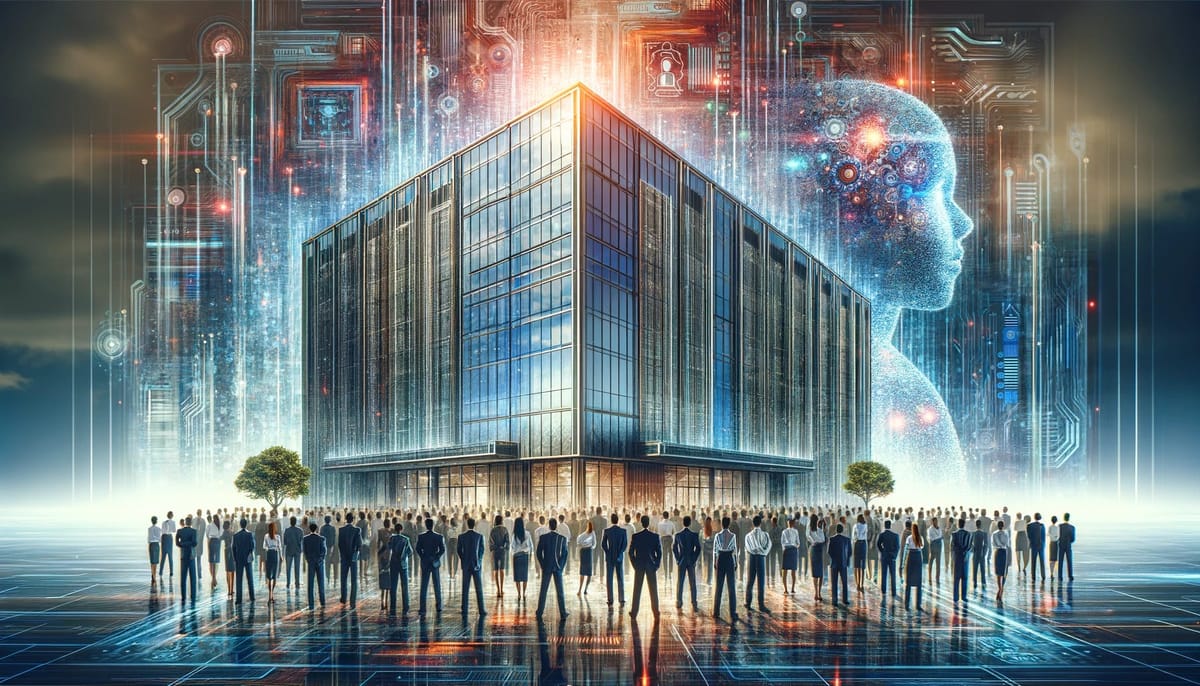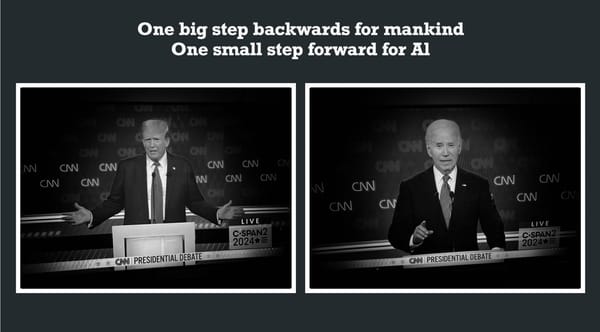Is OpenAI’s Employee Movement a New Blueprint for Decentralized Unionism in Tech?
Just as AI continues to disrupt industries, the recent events at OpenAI have disrupted traditional power structures within tech companies…

Just as AI continues to disrupt industries, the recent events at OpenAI have disrupted traditional power structures within tech companies. The reinstatement of Sam Altman as CEO of OpenAI, following a dramatic boardroom upheaval, marks a pivotal moment not just for the company but for employee empowerment across the tech sector.
This episode began with Altman’s unexpected dismissal, leading to an unprecedented reaction from OpenAI’s employees. Their collective voice and unified stance against the board’s decision reveal a seismic shift in power dynamics. Once considered mere cogs in the corporate machine, employees have now shown they can steer the ship’s direction, especially in high-stakes environments like AI development.
The new board, featuring figures like former U.S. Treasury Secretary Larry Summers, reflects a blend of tech-savvy and traditional governance. But the real story here is the employees’ collective action. Without a formal union or a single leader, they formed a consensus that not only challenged but overturned a major board decision. This is a testament to a new form of decentralized unionism emerging within the tech industry.
This is a significant event. It’s not just about the return of a CEO or the reshuffling of a board; it’s about recognizing the power of collective employee action in shaping the future of companies. The implications are far-reaching. This could inspire employees across various tech companies to realize and exercise their power, potentially altering the future of corporate governance.
In a world where AI is set to redefine our lives, the people developing and overseeing this technology have shown that they are not just passive creators but active shapers of their work environment. This could very well be the dawn of a new era in the tech industry, one where the conventional norms of the boardroom are being rewritten, and employee voices are not just heard but have the power to effect substantial change.





